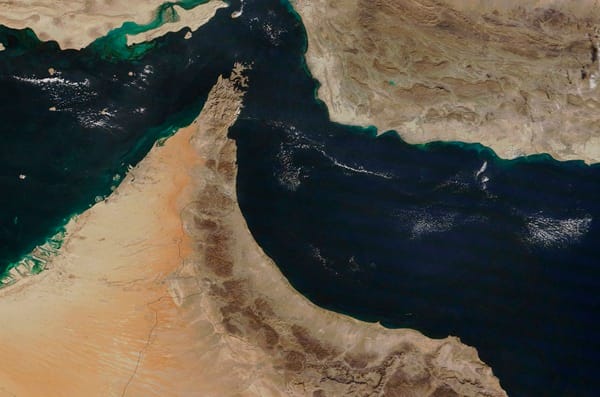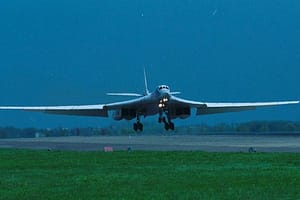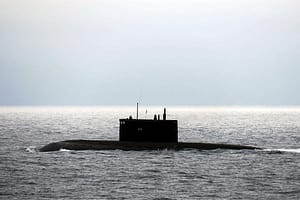On Monday morning the FTSE 100 opened 30 points lower following the US attack on three Iranian nuclear sites, and Tehran’s Parliament has approved closing the Strait of Hormuz.
On Sunday Iran’s Parliament approved to close the Strait of Hormuz, but the final decision rests with the Supreme National Security Council, Iran’s Press TV reported on Sunday.
British Airways announced on Sunday they are suspending flights between Qatar, Doha and Dubai in response to the US President ordering the attack on Iran.
British Airways and International Consolidated Airlines Group SA who owns easyJet had the largest falls on Monday morning.
A former British military intelligence officer Phillip Ingram warned on Sky News that should Iran close the Strait of Hormuz there will be an enormous global “economic shock.”
Read more related news:
US B-2 stealth bombers obliterate Iran’s nuclear sites using ‘bunker busters’ and 30 tomahawk missiles
Iran warns ‘every American is a target’ and US bases in the Middle East are a ‘point of vulnerability’
Moscow ‘strongly condemns’ Trump’s ‘irresponsible’ attack on Iran calling for Russians to ‘take up arms’
Iran’s supreme leader Ayatollah Ali Khamenei is likely to respond to save face and Ingrim warned this could be “really, really worrying.”
He told Sky News, “If Iran does shut the Straits of Hormuz, between 20 and 30% of all the world’s oil and gas goes through that strait.
The economic shock that would cause across the world would make what happened when Russia invaded Ukraine just over three years ago seem like small change.
Following the US President’s strike on three of Iran’s nuclear sites the Islamic Revolutionary Guard Corps (IRGC) has threatened to shut the Strait of Hormuz.
IRGC Navy Commander Brigadier General Alireza Tangsiri reportedly said, “The Strait of Hormuz will be closed within a few hours,” which sees around one-fifth of the world’s oil transit through.
Ipek Ozkardeskaya, a market analyst at Swissquote Bank said that the world is “holding its breath to see how Iran will respond” following the US attack.
Ozkardeskaya explained what closing the trade route could look like, “This could involve blocking the canal or attacking commercial ships, as the Houthis do.
“Another option could be striking nearby oil facilities – similar to the 2019 attack on Saudi Abqaiq that knocked out seven per cent of global oil supply.
“But many remain optimistic that Iran will avoid a full-blown retaliation and regional chaos, to prevent its own oil facilities from becoming targets and to avoid a widening conflict that could hurt China – its biggest oil customer.
“So some think – and trade the idea – that the threat of disruption to oil trade will not materialise.”
Get real time update about this post category directly on your device, subscribe now.






Leave a Comment